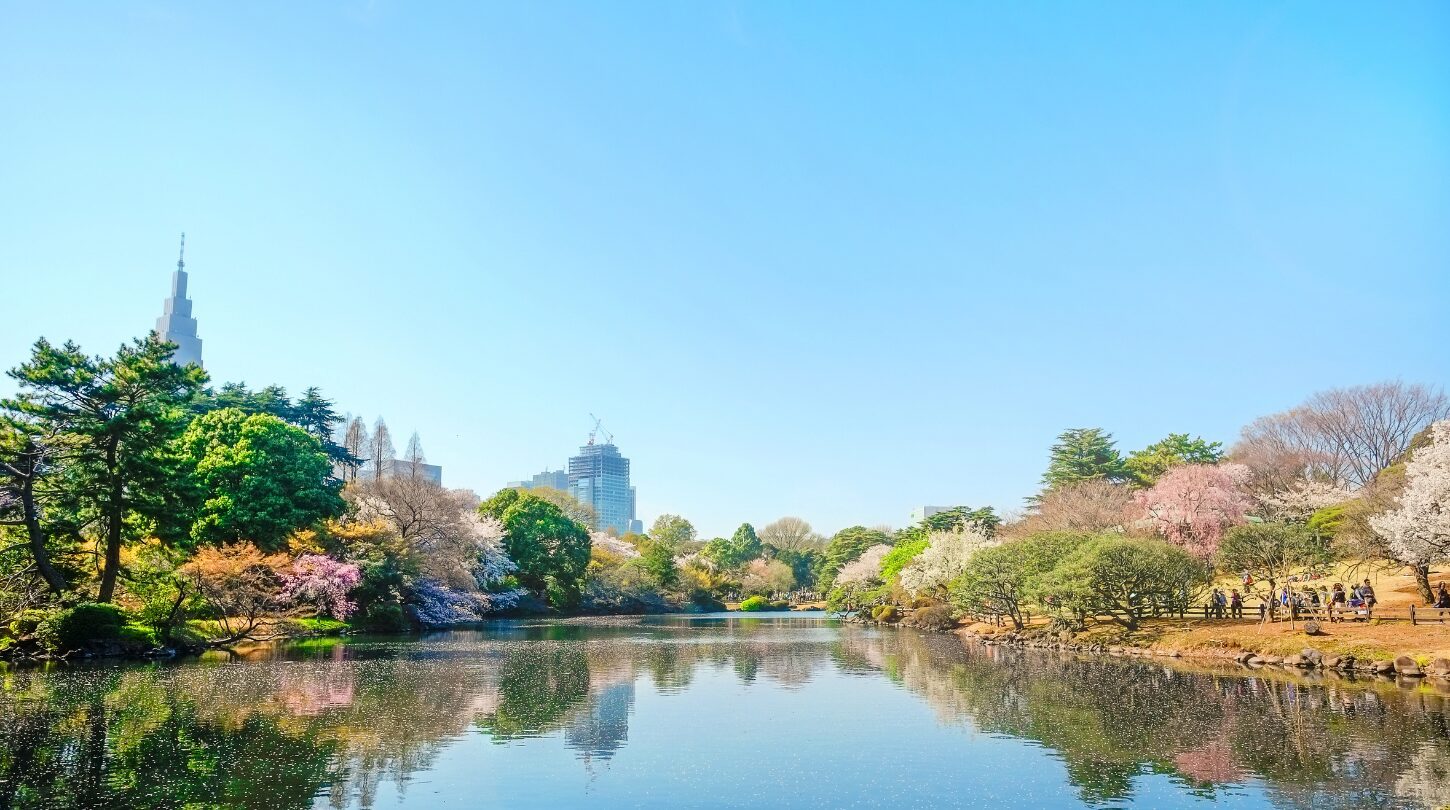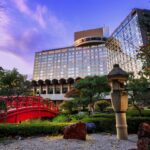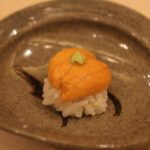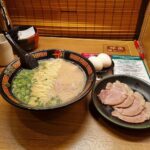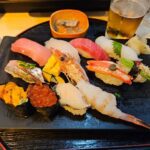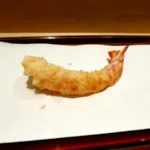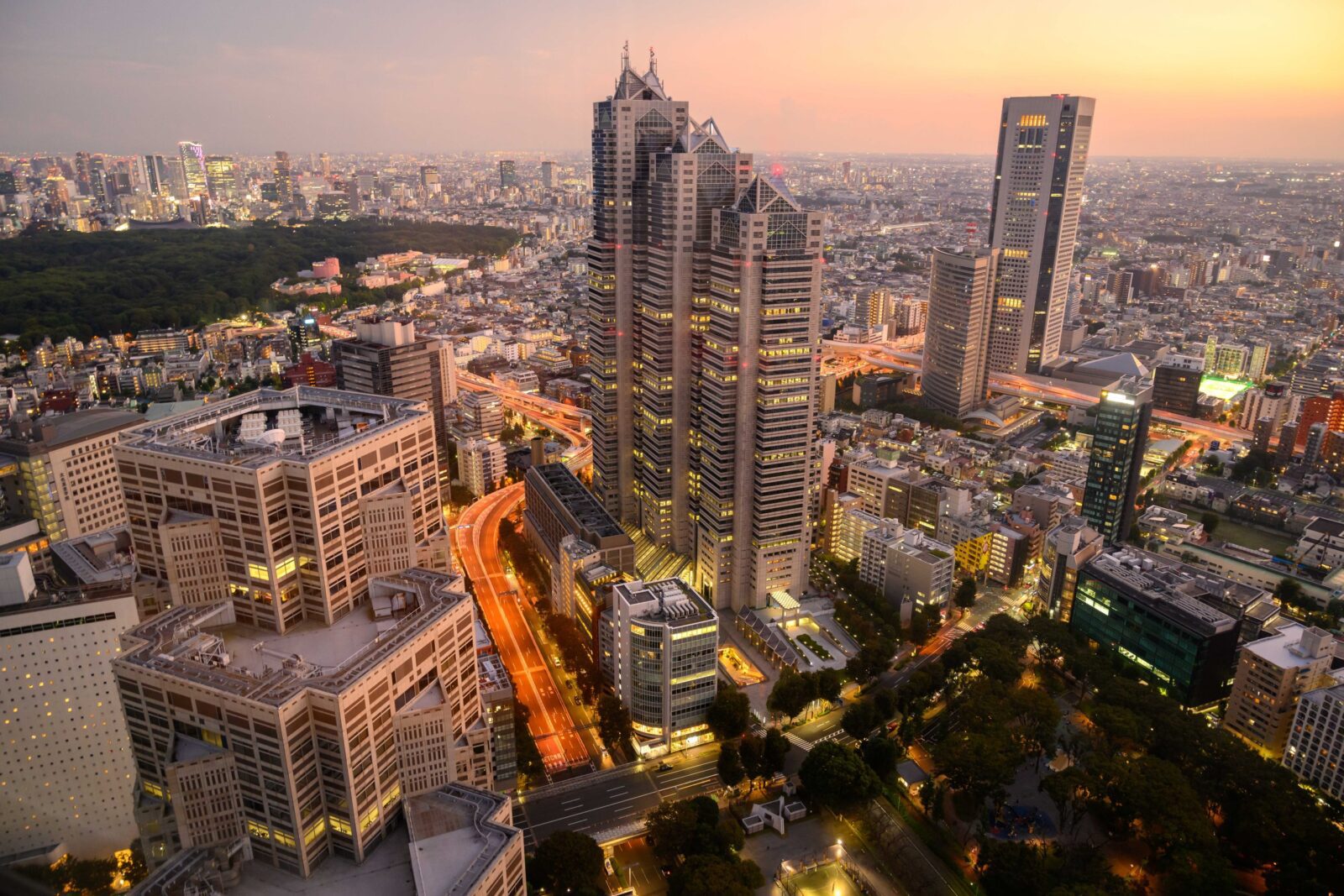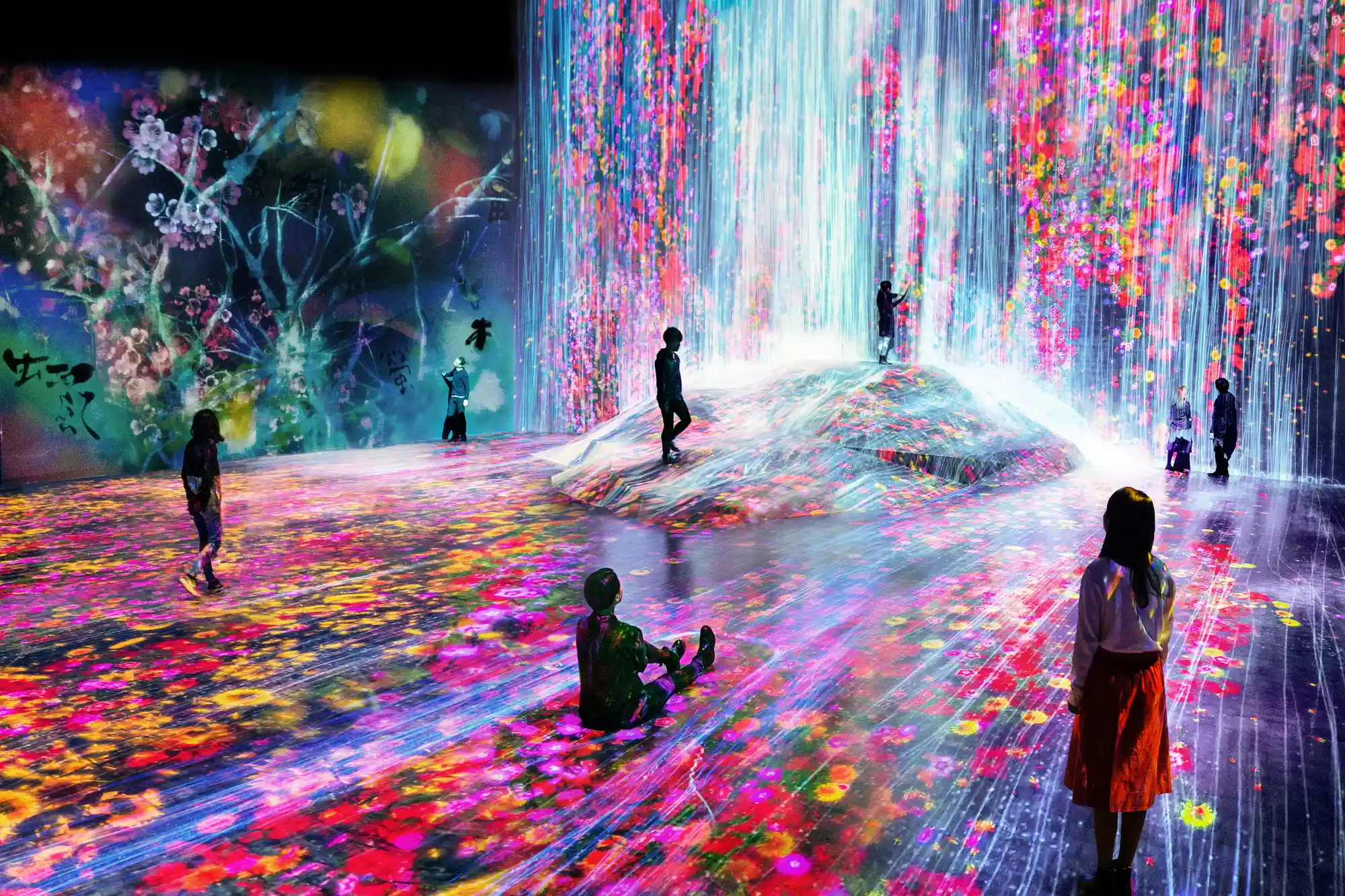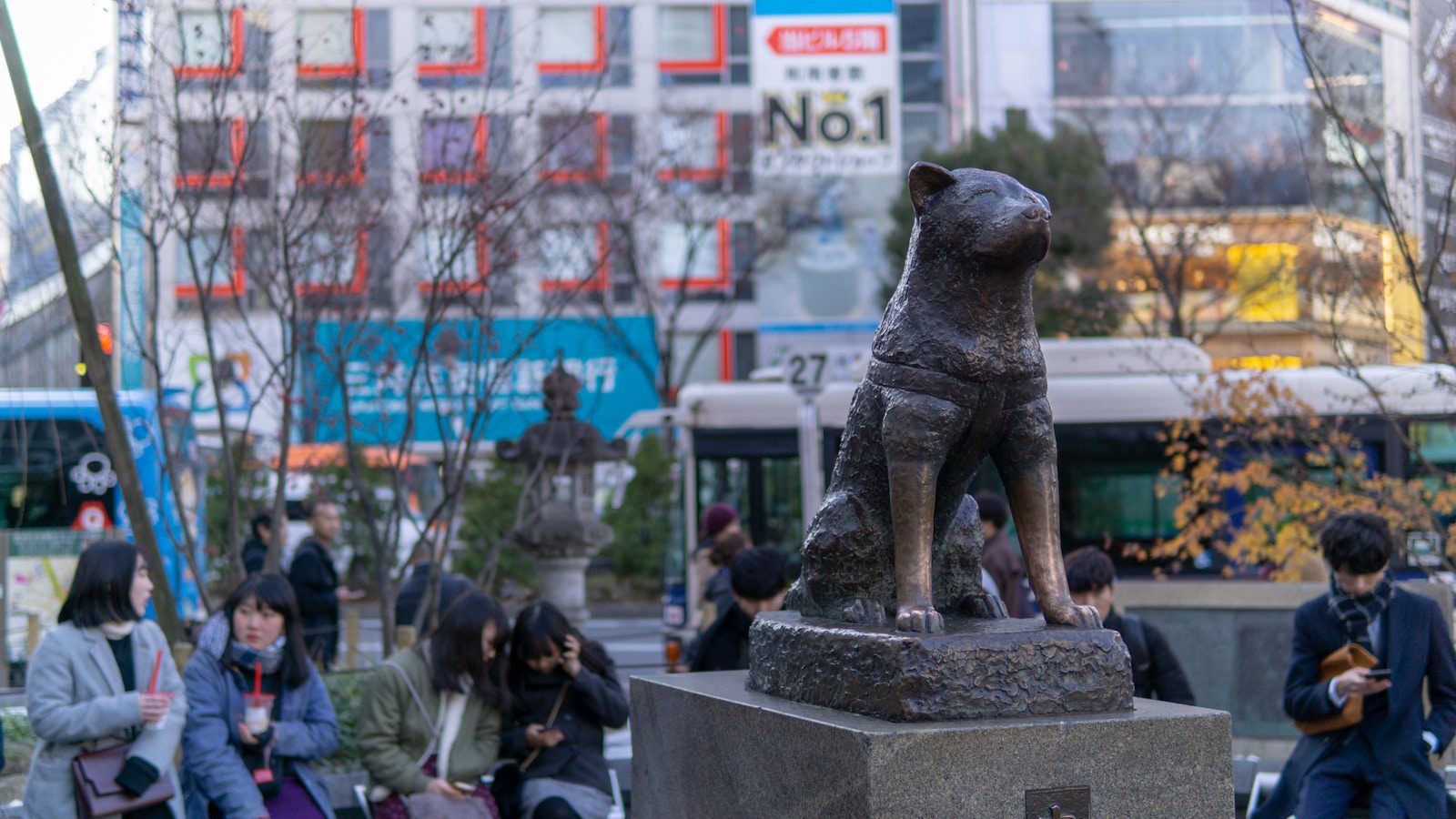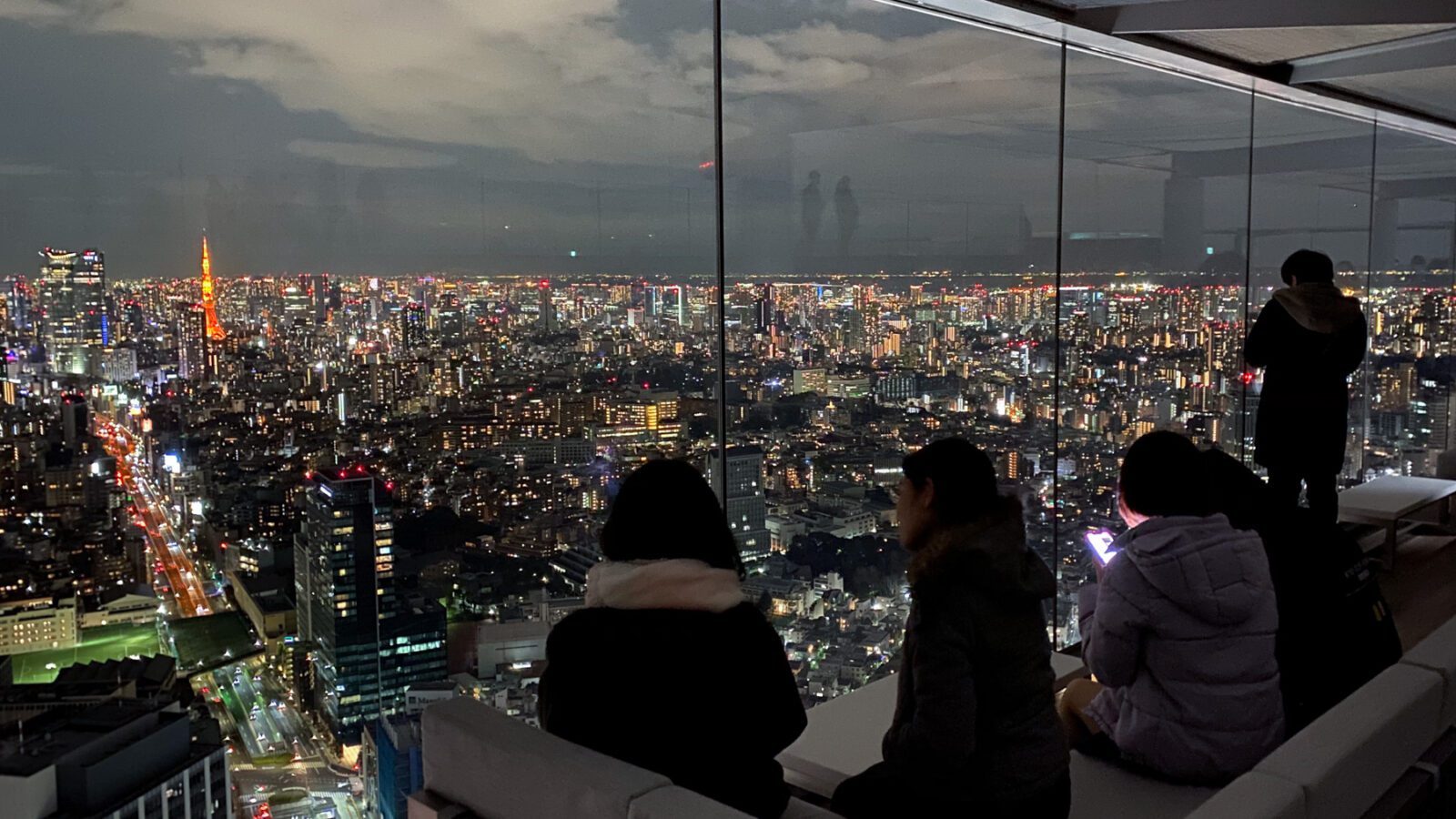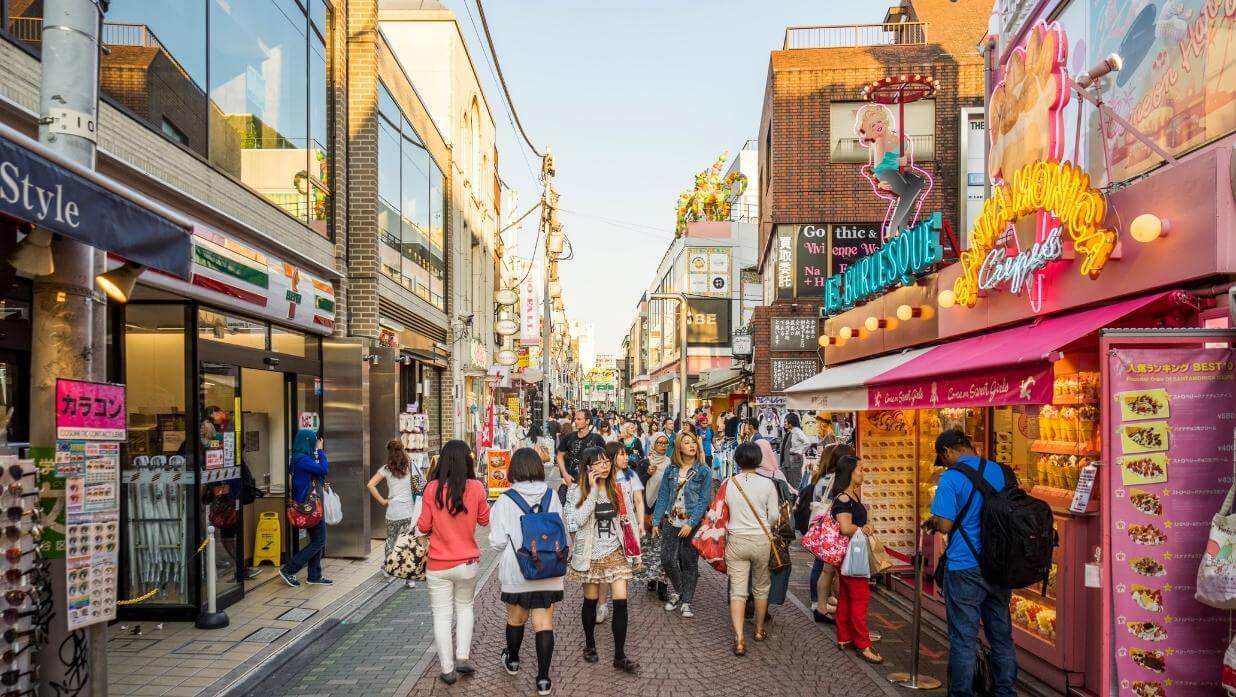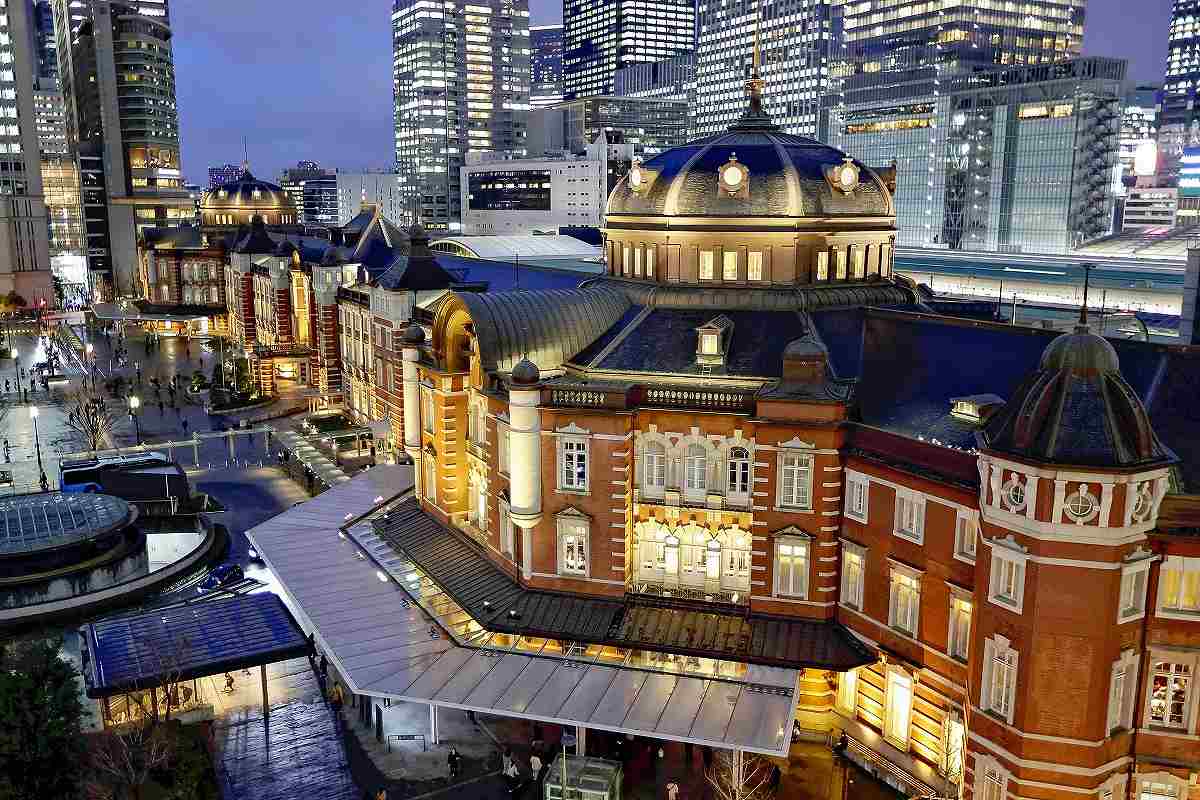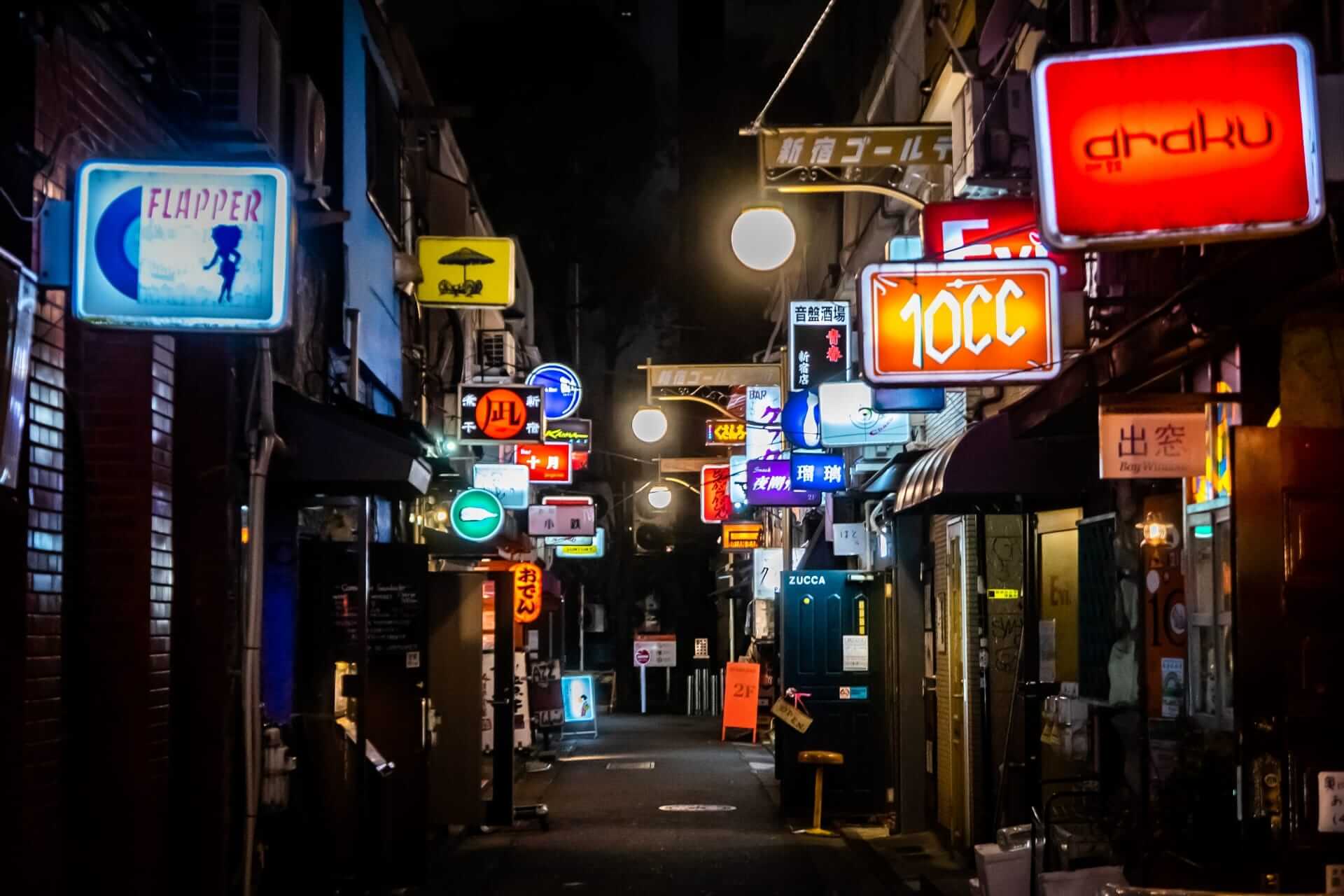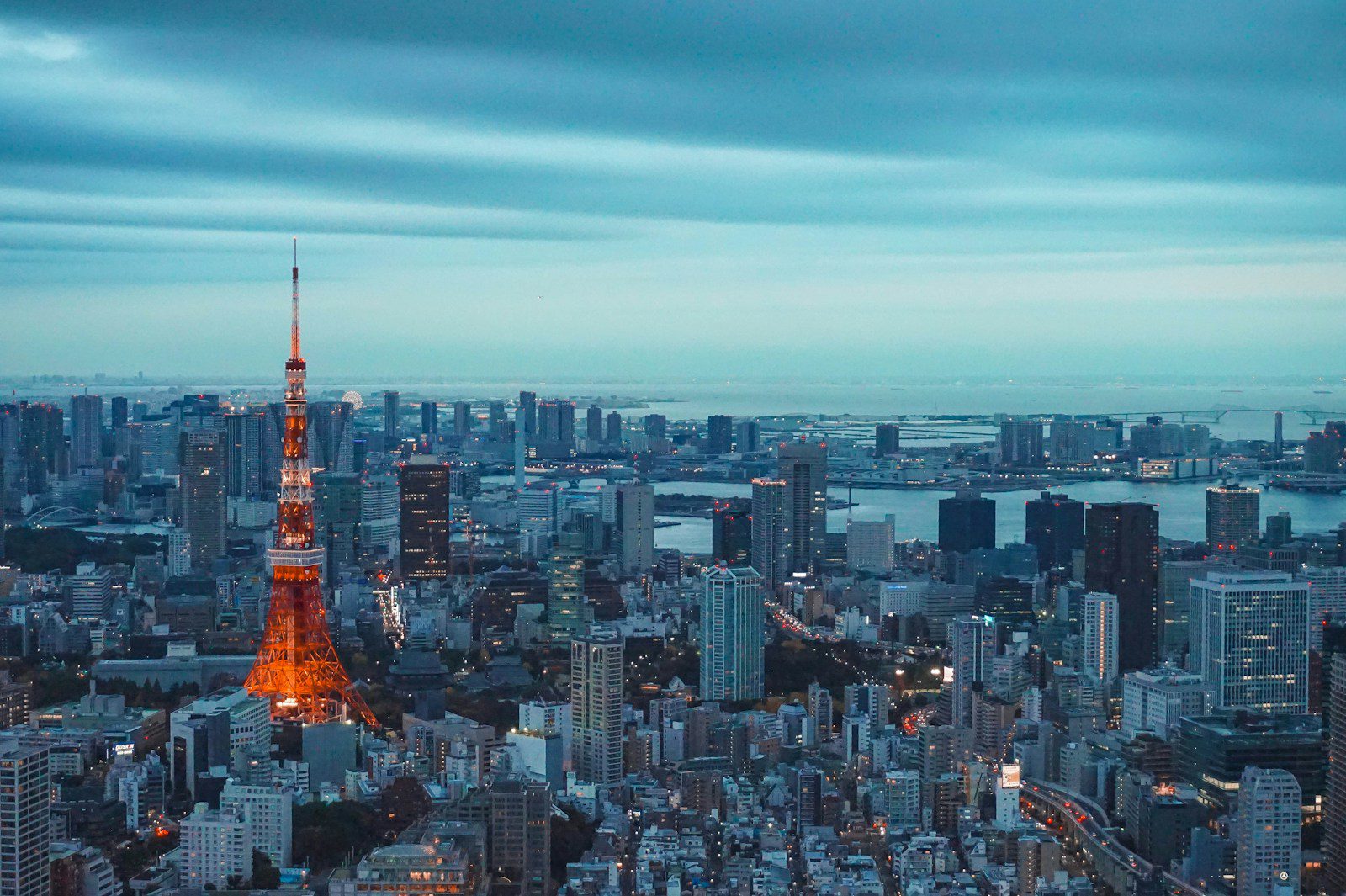Meiji Jingu Gyoen
Tranquil garden within Meiji Shrine featuring iris blooms, a scenic lake, traditional teahouse, and peaceful walking paths.
Overview
Nestled within the expansive grounds of Meiji Shrine, we discover Meiji Jingu Gyoen, a hidden garden paradise that offers us a peaceful escape from Tokyo’s bustling energy.
This meticulously maintained traditional garden invites us to wander along tranquil paths beside a serene lake, where koi fish glide gracefully beneath the surface and visitors can try their hand at fishing from the dedicated stand.
The garden’s crown jewel is its spectacular iris garden, which bursts into a mesmerizing display of purple and white blooms each June, drawing photography enthusiasts and nature lovers alike.
As we explore the grounds, we’ll find a charming teahouse where we can pause for traditional refreshments while overlooking the water, and an elegant arbor that provides shade on sunny afternoons.
With its wheelchair-accessible paths and family-friendly atmosphere, this 4.5-star rated attraction welcomes all of us to experience the changing seasons in true Japanese style, from cherry blossoms in spring to fiery maple leaves in autumn.
Operating daily from 9 AM to 4:30 PM, this serene sanctuary requires a modest entrance fee that helps maintain its pristine beauty, making it an essential stop for anyone seeking to understand the harmonious relationship between nature and Japanese culture.
Meiji Jingu Gyoen: Tokyo’s Secret Garden Paradise
Hidden within the bustling heart of Tokyo lies a sanctuary that feels worlds away from the city’s relentless pace. Meiji Jingu Gyoen, with its impressive 4.5-star rating from nearly 700 visitors, offers us a glimpse into Japan’s mastery of garden design and seasonal beauty.
This serene garden combines traditional Japanese landscaping with natural splendor, creating an experience that transforms our understanding of what’s possible in urban green spaces.
We’ve found that this tranquil retreat provides moments of genuine peace that make our Tokyo adventures feel more complete and meaningful.
A Living Masterpiece of Japanese Garden Design
Meiji Jingu Gyoen represents centuries of Japanese garden artistry condensed into a single, breathtaking location.
The garden’s design philosophy centers on creating harmony between human intention and natural beauty, resulting in spaces that feel both carefully curated and effortlessly organic.
We discover that every element—from the placement of stones to the selection of plants—serves both aesthetic and spiritual purposes, creating environments that calm our minds while delighting our senses.
The garden’s seasonal transformations make each visit to Meiji Jingu Gyoen a unique experience.
Spring brings the famous iris displays that draw photographers and nature lovers from around the world, while autumn paints the landscape in brilliant reds and golds.
We’ve learned that timing our visits to coincide with these seasonal peaks can dramatically enhance our appreciation of Japanese garden philosophy and horticultural expertise.
The Famous Iris Garden Experience
The iris garden at Meiji Jingu Gyoen stands as one of Tokyo’s most photographed natural attractions during blooming season.
Between late May and mid-June, thousands of iris flowers create a living tapestry of purples, whites, and yellows that reflects beautifully in the garden’s calm waters.
We find ourselves captivated by how the garden’s designers positioned these flowers to create natural viewing points and photographic opportunities throughout the space.
What makes the Meiji Jingu Gyoen iris display special isn’t just the quantity of flowers, but the thoughtful curation of varieties and colors.
The garden features over 150 types of irises, each selected for their blooming schedule and visual impact.
This careful planning means we can witness different sections of the garden coming alive at different times, creating an ever-changing display that rewards multiple visits during the season.
Traditional Architecture and Tea Culture
The teahouse within Meiji Jingu Gyoen serves as both a functional rest stop and a window into traditional Japanese tea culture.
This structure, built in classic Japanese architectural style, provides us with opportunities to experience authentic tea ceremonies while surrounded by the garden’s natural beauty.
The building’s design incorporates traditional materials and construction techniques that complement rather than compete with the surrounding landscape.
We appreciate how the teahouse positioning creates natural gathering points and viewing areas throughout Meiji Jingu Gyoen.
The structure’s placement allows us to observe the garden from elevated perspectives while participating in cultural activities that deepen our understanding of Japanese traditions.
The combination of architectural heritage and natural beauty creates educational opportunities that enhance our travel experience beyond simple sightseeing.
Practical Planning for Your Garden Visit
Meiji Jingu Gyoen welcomes visitors daily from 9 AM to 4:30 PM, making it accessible throughout the week for both weekend explorers and weekday adventurers.
Located at 1-1 Yoyogikamizonocho in Shibuya, the garden sits conveniently close to major transportation hubs while maintaining its peaceful atmosphere.
We’ve found that the garden’s location makes it an ideal complement to other Shibuya and Harajuku attractions, allowing us to balance urban excitement with natural tranquility.
The garden’s wheelchair accessible entrance and family-friendly facilities make Meiji Jingu Gyoen welcoming to visitors of all ages and abilities.
Public restrooms and well-maintained pathways mean we can spend extended periods exploring without concern about basic amenities.
The garden’s designation as “good for kids” reflects thoughtful design that accommodates families while preserving the contemplative atmosphere that makes this space special.
Getting There and What to Expect
Reaching Meiji Jingu Gyoen requires some navigation through Tokyo’s train system, but the journey rewards us with easy access to one of the city’s most peaceful locations.
The garden connects to multiple train lines through nearby stations, making it reachable from anywhere in Tokyo within reasonable travel times.
We recommend allowing extra time for the walk from the nearest stations, as the approach through surrounding neighborhoods builds anticipation for the garden experience ahead.
The garden’s phone number (+81333795511) connects us to staff who can provide current information about seasonal highlights and special events.
Their website (meijijingu.or.jp) offers detailed information about blooming schedules and cultural programs that can help us time our visits for maximum impact.
We’ve learned that checking these resources before visiting Meiji Jingu Gyoen can significantly enhance our experience by aligning our expectations with seasonal realities.
Seasonal Magic and Photography Opportunities
Each season transforms Meiji Jingu Gyoen into a different garden entirely, offering us new reasons to return throughout the year.
Spring’s iris blooms create the most famous displays, but summer’s lush greenery and autumn’s colorful foliage provide equally stunning but less crowded experiences.
Winter visits reveal the garden’s structural beauty and offer opportunities to appreciate Japanese garden design principles without the distraction of abundant flowers and foliage.
The garden’s varied landscapes provide us with countless photography opportunities, from wide shots that capture the overall design to intimate details that showcase individual plants and architectural elements.
We find that Meiji Jingu Gyoen’s lighting changes throughout the day create different moods and photographic possibilities, making it worthwhile to spend several hours exploring rather than rushing through for quick snapshots.
Wildlife and Natural Ecosystems
Beyond its horticultural attractions, Meiji Jingu Gyoen supports diverse wildlife populations that add life and movement to our garden experience.
The garden’s lake and surrounding vegetation attract various bird species, while carefully maintained ecosystems support insects and small animals that contribute to the garden’s natural balance.
We often discover that patient observation reveals wildlife interactions that enhance our appreciation of Japanese garden philosophy and environmental stewardship.
The fishing stand mentioned in the garden’s description provides us with opportunities to observe traditional Japanese fishing techniques while enjoying the peaceful atmosphere.
This feature adds an interactive element to our visit that goes beyond passive observation, allowing us to engage with traditional Japanese leisure activities in an authentic setting.
Cultural Context and Historical Significance
Meiji Jingu Gyoen exists within the broader context of the Meiji Shrine complex, connecting us to important periods in Japanese history and cultural development.
The garden’s design reflects Meiji-era aesthetics and values while incorporating timeless Japanese garden principles that span centuries.
We gain deeper appreciation for Japanese culture by understanding how the garden fits into both historical and contemporary Tokyo life.
The garden serves not just as a tourist attraction but as a living example of Japanese environmental philosophy and design principles.
Our visits to Meiji Jingu Gyoen become opportunities to learn about Japanese approaches to nature, beauty, and spiritual practice through direct experience rather than academic study.
This hands-on cultural education adds depth to our Tokyo travels that extends far beyond the garden itself.
Attraction Types
Related Tours
Powered by
Related Tours
Powered by
Related Tours
Powered by
Things to Know
- Wheelchair accessible entrance
- Public restroom
- Good for kids
Our Notes & Verdicts
Our Rating: 4.9
We rate Meiji Jingu Gyoen at 4.9 stars for its exceptional ability to transport visitors into a world of natural beauty and cultural authenticity.
As experienced Tokyo travelers, we consistently find this garden to be one of the city’s most rewarding attractions for those seeking genuine Japanese experiences.
The seasonal variety means every visit offers something new, while the garden’s accessibility and thoughtful amenities make it welcoming to all types of travelers.
Our time at Meiji Jingu Gyoen always leaves us feeling refreshed and more connected to Japanese culture, making it an indispensable part of any meaningful Tokyo itinerary that balances urban exploration with natural beauty and cultural depth.
🏨 Related Accommodations
-
Hotel New Otani Tokyo Executive House Zen
4-1 Kioi-Cho, Tokyo 102-8578, Japan
-
Courtyard by Marriott Tokyo Station
2-1-3 Kyobashi, Chuho-ku, Tokyo 104-0031, Japan
-
Park Hyatt Tokyo
3-7-1-2 Nishi Shinjuku, Tokyo 163-1055, Japan
-
Dai-ichi Hotel Tokyo
1-2-6 Shimbashi, Minato, Tokyo 105-8621, Japan
-
Ascott Marunouchi Tokyo
1-1-1 Otemachi, Chiyodaku, Tokyo 100-0004, Japan
Not sure which hotel to select? Try these hotel search engines below
🍽️ Related Restaurants
-
Sushi Saito
1-4-5 1F Ark Hills South Tower, Roppongi, Minato 107-0052 Tokyo Prefecture
Japanese, Seafood
-
-
Sushizanmai Tsukijiekimae-Ten
3-11-9 Tsukiji Square bldg1F, Tsukiji, Chuo 104-0045 Tokyo Prefecture
Sushi, Healthy
-
-
Operating Hours
Location
Nearest Train Station(s)
Harajuku Station on the JR Yamanote Line and Meiji-jingumae (Harajuku) Station on the Tokyo Metro Chiyoda and Fukutoshin Lines
Nearest Bus Stop(s)
Harajuku Station and Meiji-jingumae 'Harajuku' Station
Tokyo Trip Add-Ons
Equip yourself for the ultimate Tokyo adventure with the following add-ons, curated just for you.
Disclaimer
While we at Tokyo Trip Guide do our best to show you accurate prices, we just can't promise they'll stay the same. Here's why: since we're not actually selling anything ourselves - we work with partner companies who set their own prices - we can't control what deals they offer. That's why it's best to check directly with our suggested deal providers to see their latest prices for attraction tickets.
Just so you know, if you end up buying something from the providers we list here, we might get a small commission. We'd be really happy if you used our recommended links to make your bookings!

